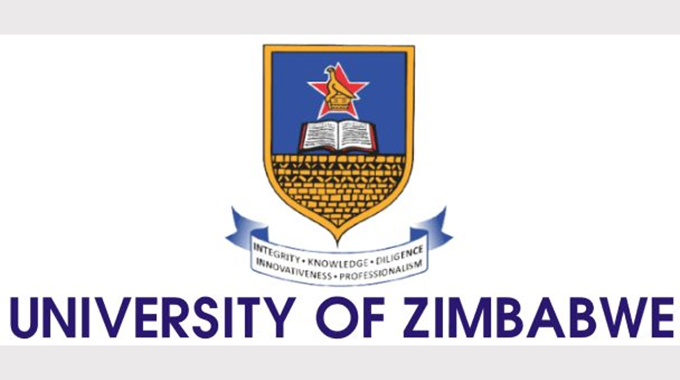UZ students bemoan retrogressive e-learning practices

Shepherd Chimururi Youth Interactive Correspondent
Students at University of Zimbabwe are bemoaning the lack of consistency in implementation of student friendly e-learning practices at the institution.
Tales of outdated and non-compliant gadgets, poor wi-fi, computer illiterate students and ill-trained lecturers are dominating e-learning conversations.
It is outright unethical for the revered institution of higher learning to fail to implement what some high schools are doing.
In an interview with the Youth Interactive section, Leonard Muchemwa who is doing Bsc Electronics and Telecommunications programme bemoaned inconsistencies in the e-learning cycle at the college.
“Covid-19 presented us with a perfect opportunity to embrace e-learning but some lecturers are going back to the old system of marking on printed assignments. They are going back to the old expensive system instead of building up from what the Covid-19 online lessons left off.
It seems lecturers in arts programmes like Political Science find it easy to mark online using the leaning management system but those in sciences programmes that require practicals are finding it hard to alternate between practicals and online marking.
Most lecturers are asking students to submit assignments in hard copy.”
He continued, “I have noticed that their feedback on hardcopy assignments is more expanded and very detailed than feedback on e-assignments that usually carry a mark and a brief comment without explanation on areas which you excelled or failed. My speculation is some lecturers have challenges utilising online tools,” he said.
Linate Madhava a first-year student studying Bachelors Honours Degree in Medical Physics while appreciating the institution’s stance on e-learning, decried erratic wi-fi services.
“E-learning is a very great approach towards student learning. It is enabling us students to be more technologically literate. It is an advantage as students can learn in the comfort of their homes.
However, there are disadvantages in terms of reliability of wi-fi and load shedding. So what happens is that when there is no electricity there will be network breakdowns. If the student is using mobile data, it will still appear a disadvantage if the phone or gadget is out of battery power.
“I suggest lecturers should consider some of those factors and advise the institute to provide efficient wi-fi services so that all students can come to school and write an online test at School where there is efficient Wi-Fi
“Some students miss those in class tests due to lack of wi-fi services despite the fact that they are on campus. E learning is a big challenge for the less privileged students because it is expensive which will then appear a great disadvantage for other students who are not financially stable,” she explained.
Loveness Muchina, a level 3 accounting student, complained of lack of support by the ICT department to upskill first year students with digital skills.
“The current scenario where all students are assumed to be computer literate is exclusionary in nature towards students coming from non-computerised schools or families struggling,” she said.
“I have observed that first time students are only introduced to the library but they are not given proper orientation on specific software they will use in their studies.
“As a student you have to learn on your own how to use the applications by downloading tutorials on YouTube and do self-teaching. The cruel part is if you fail to grasp the software then it means you fail the course even if you understand the course concepts from the books.
“We are appealing to the university to do digital assessment on all first time students in order to timely help those that need digital help and avoid cultural shock which have seen others fail to recover during the course of their studies. Some students are failing because of these e-learning challenges. In fact, the challenges go beyond students as I have seen lecturers failing to use the online learning management platform. Several times lecturers have failed to set a camera,” she said.
“Sometimes they fail to access your screen even after you have given them the privileges to do so.”
She added, “Some students without personal laptops have repeatedly failed to write online tests at the library because desktops at the library are not installed with webcams. They still use old types of monitors.”
But for some enterprising tech geeks the e-learning challenges are a cash cow.
They are asking digitally challenged students to pay between US$15 and US$20 before they help you with your assignment. For dissertation they are charging between US$150 to US$300. The irony is they do not teach those in need how to research or trouble shoot, because they want them to continue coming back.










Comments